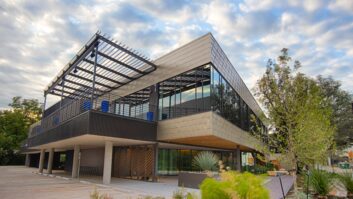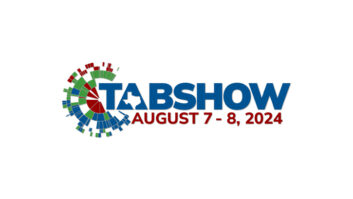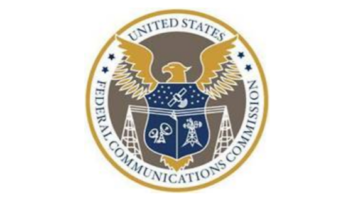The Federal Communications Commission will allow the transfer of four Texas radio licenses, overriding the objections of a former top employee of the seller. He alleged that his former company had given the FCC false information during an earlier investigation.
An interesting secondary angle of the story goes back to a chief engineer’s understanding about a supposed corporate directive to operate illegally.
The FCC staff decision this week allows Simmons-Austin to transfer four licenses to M&M Broadcasters. They are KLRK(FM), Marlin, KRQX(AM), Mexia, KRQX(FM), Mexia and KRZI(AM), Waco.
The case dates to early 2007 when the Enforcement Bureau sent Simmons-Austin a letter about another station, KSLG(AM) in St. Louis, asking whether it had operated with daytime power during nighttime hours. The company admitted it had done so, citing human error and a series of circumstances including trouble with phone lines, an ice storm and a mouse that ate wiring insulation in a phone utility box. It denied the existence, though, of any “corporate directive” to keep daytime power after sunset — though it acknowledged that its chief engineer believed such a directive existed.
The Enforcement Bureau and Simmons-Austin then agreed to a settlement in which the broadcaster admitted to the violation, agreed to make a $25,000 contribution to the U.S. Treasury and agreed to implement a program to ensure rule compliance.
But when Simmons-Austin went to sell four other stations to M&M Broadcasters, Daryl O’Neal, the former president of Simmons-Austin, objected. He wanted the FCC to look into whether Simmons-Austin was qualified. FCC policy does not allow it to consider license assignments if a character issue against the seller is pending.
O’Neal said that during the KSLG investigation, Simmons-Austin had given false information and engaged in a lack of candor. Simmons-Austin answered that there was no validity to this and that O’Neal himself had been “deeply involved” in its responses to the FCC.
O’Neal then told the FCC that Simmons-Austin had conducted a “coverup” in the original investigation in claiming that KSLG’s unauthorized operation was unintentional. He also said the company had lied about several things including the reasons for his departure and “possibly overstat[ed] the extent of its compliance with the engineering matters detailed in the consent decree.”
The commission staff said O’Neal’s objections were defective for procedural reasons but considered them anyway. Now it has ruled that he failed to raise a substantial and material question of fact that would require further inquiry, and said Simmons-Austin is qualified to assign the four licenses.
The secondary angle involves the supposed corporate directive. The FCC provided a quote from Simmons-Austin’s letter that denied the existence of any corporate directive but acknowledged that the chief engineer believed one existed. The company wrote in 2007:
“KSLG(AM)’s chief engineer sincerely believes that a corporate officer had issued a directive to begin daytime operations at 6 a.m. and conclude daytime operations at 7 p.m. The apparent source of this directive, however, just as sincerely denies issuing, hearing or discussing any such demand. The supposed corporate directive was never put into writing, and we are unaware of any evidence that would corroborate one of these individual’s beliefs and dismiss the others. As such, while we believe that both individuals sincerely believe that they have been fully honest with us, we simply cannot determine whether the alleged directive had been issued in the form the station’s engineer recalls. Regardless, the chief engineer followed what he understood to be a corporate directive by operating the station’s transmitters accordingly, as reflected in the station’s logs.”
The consent decree ensued.












